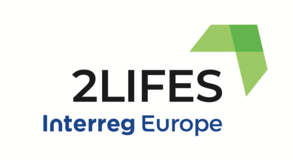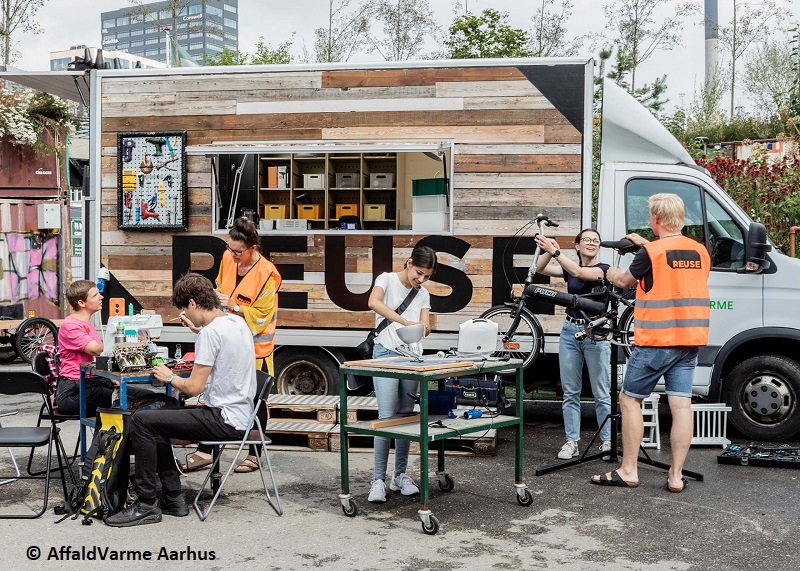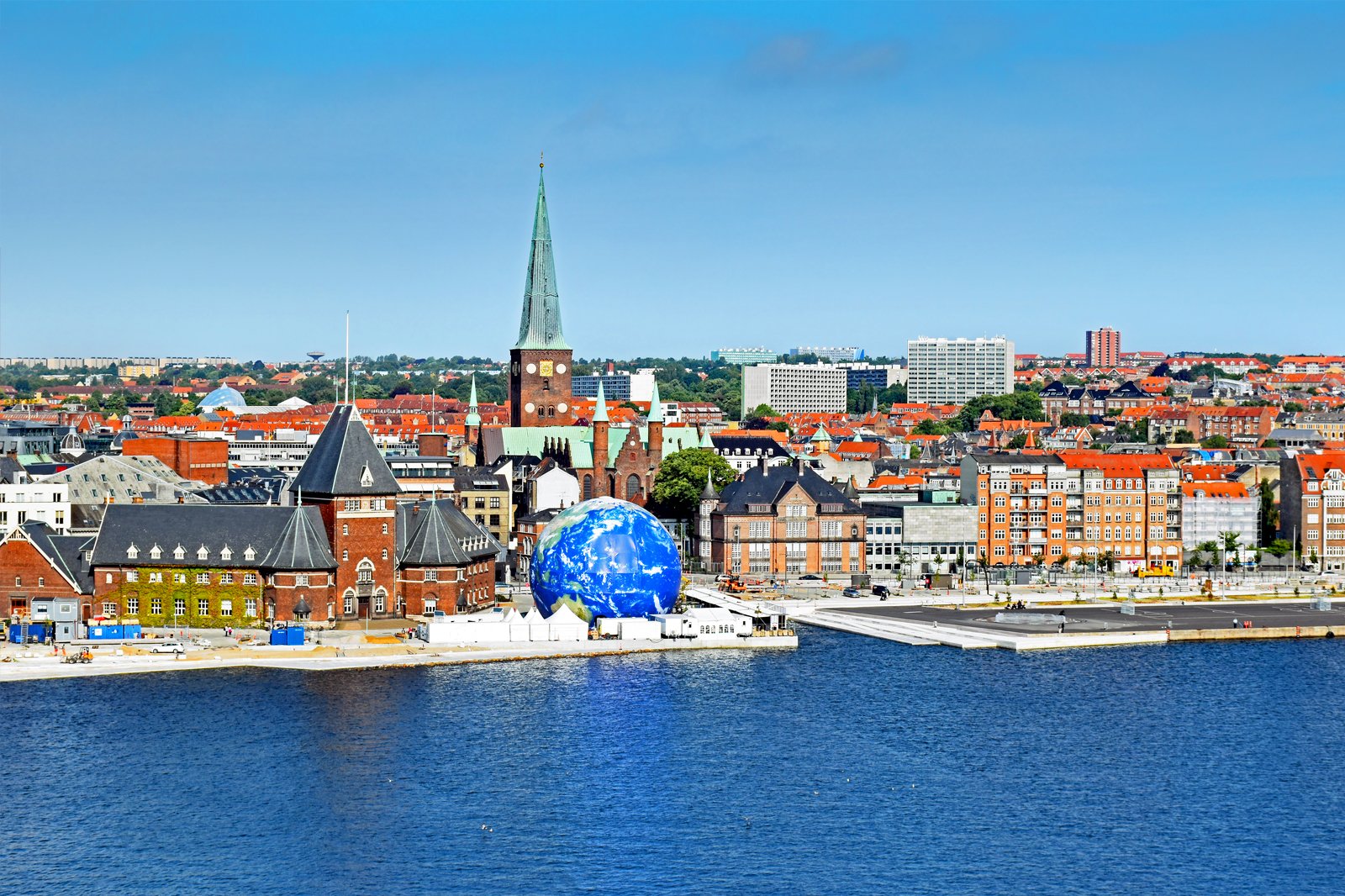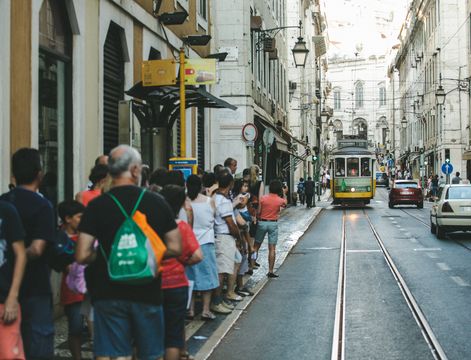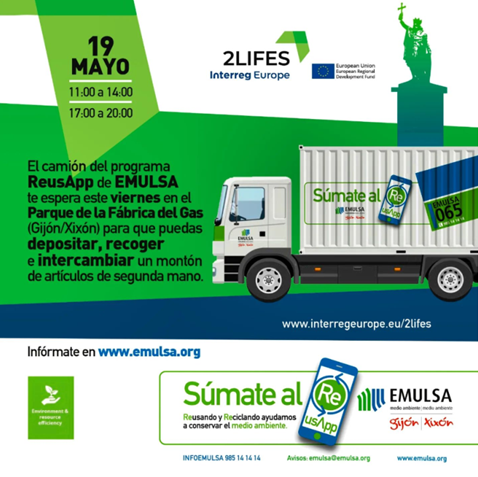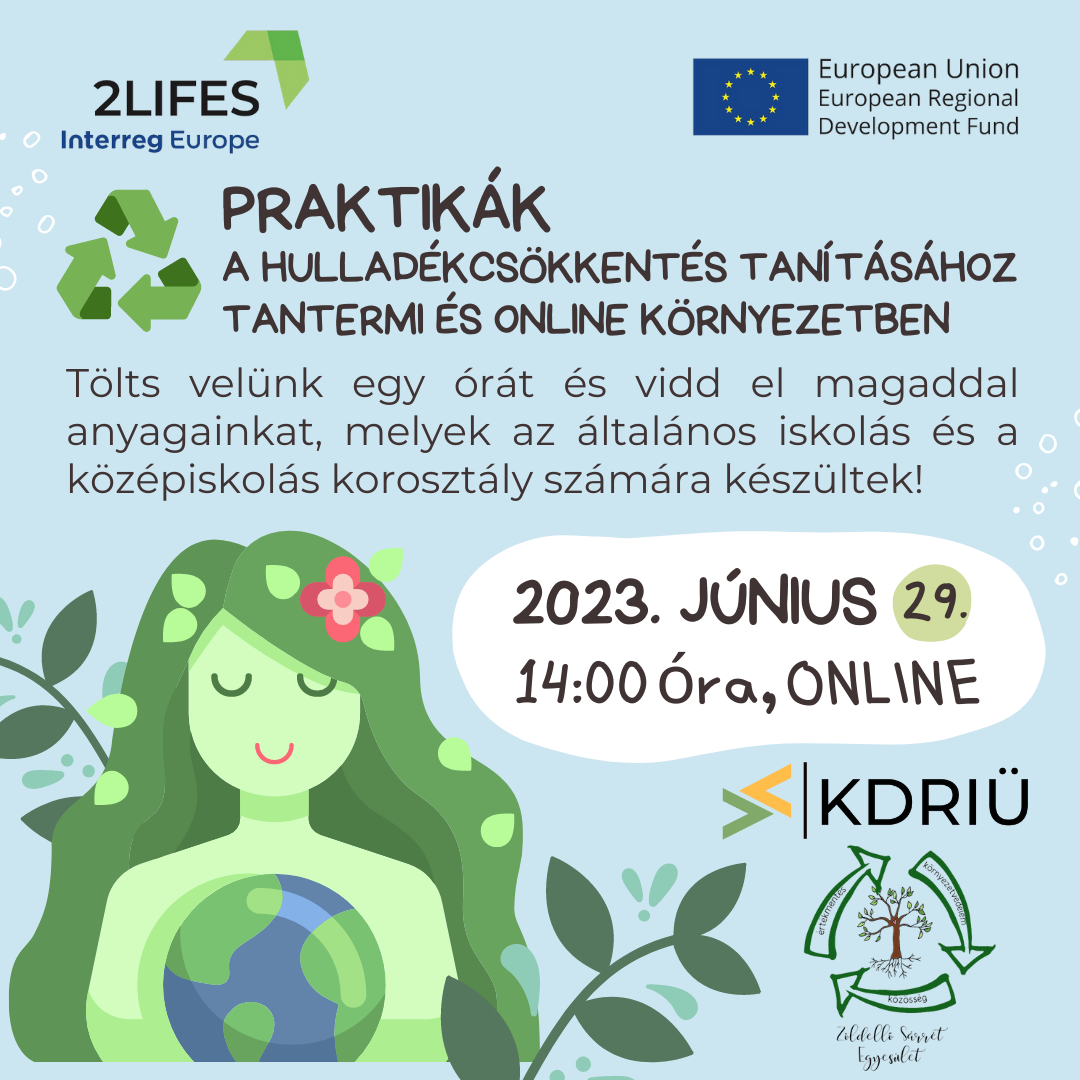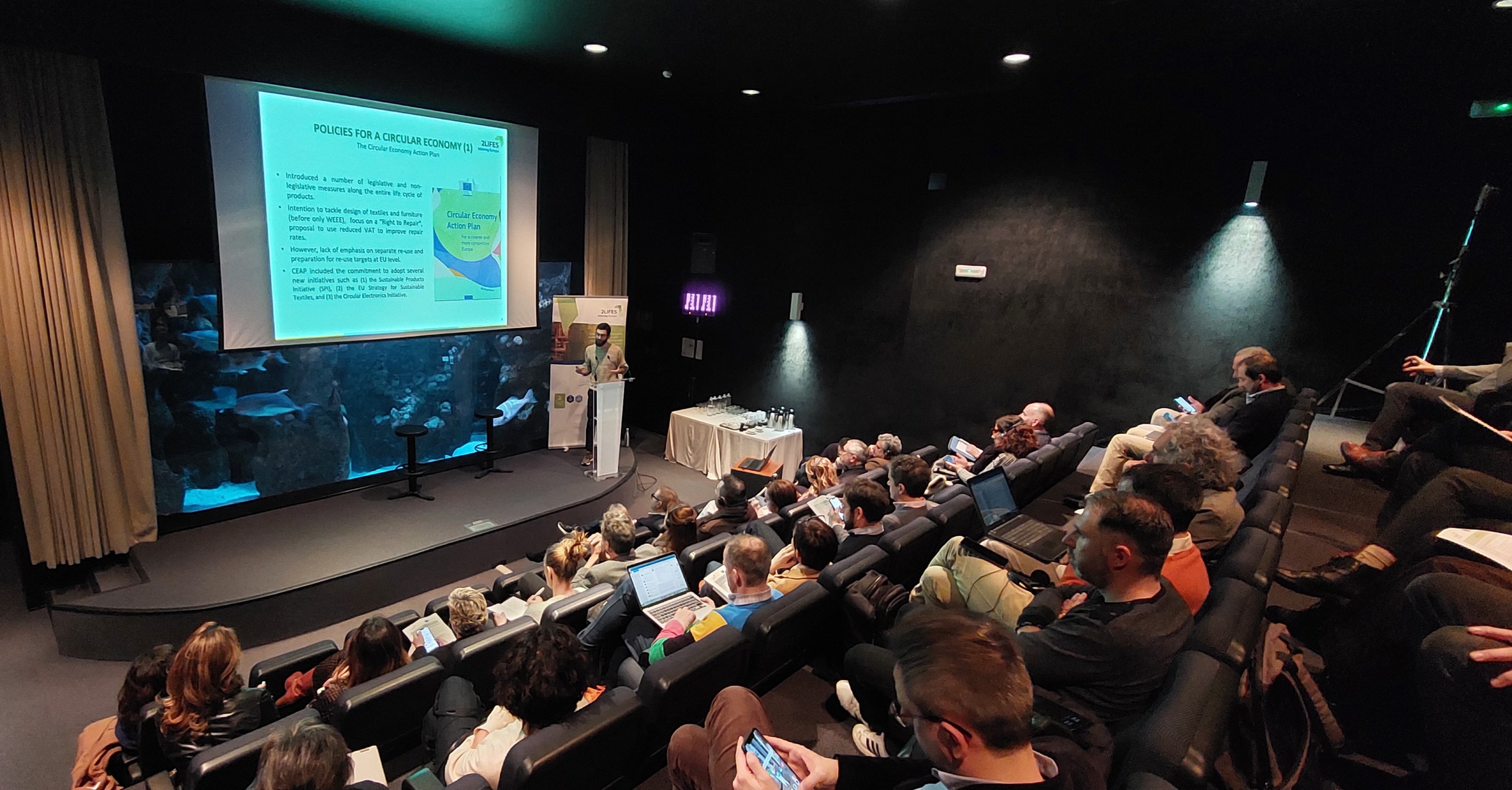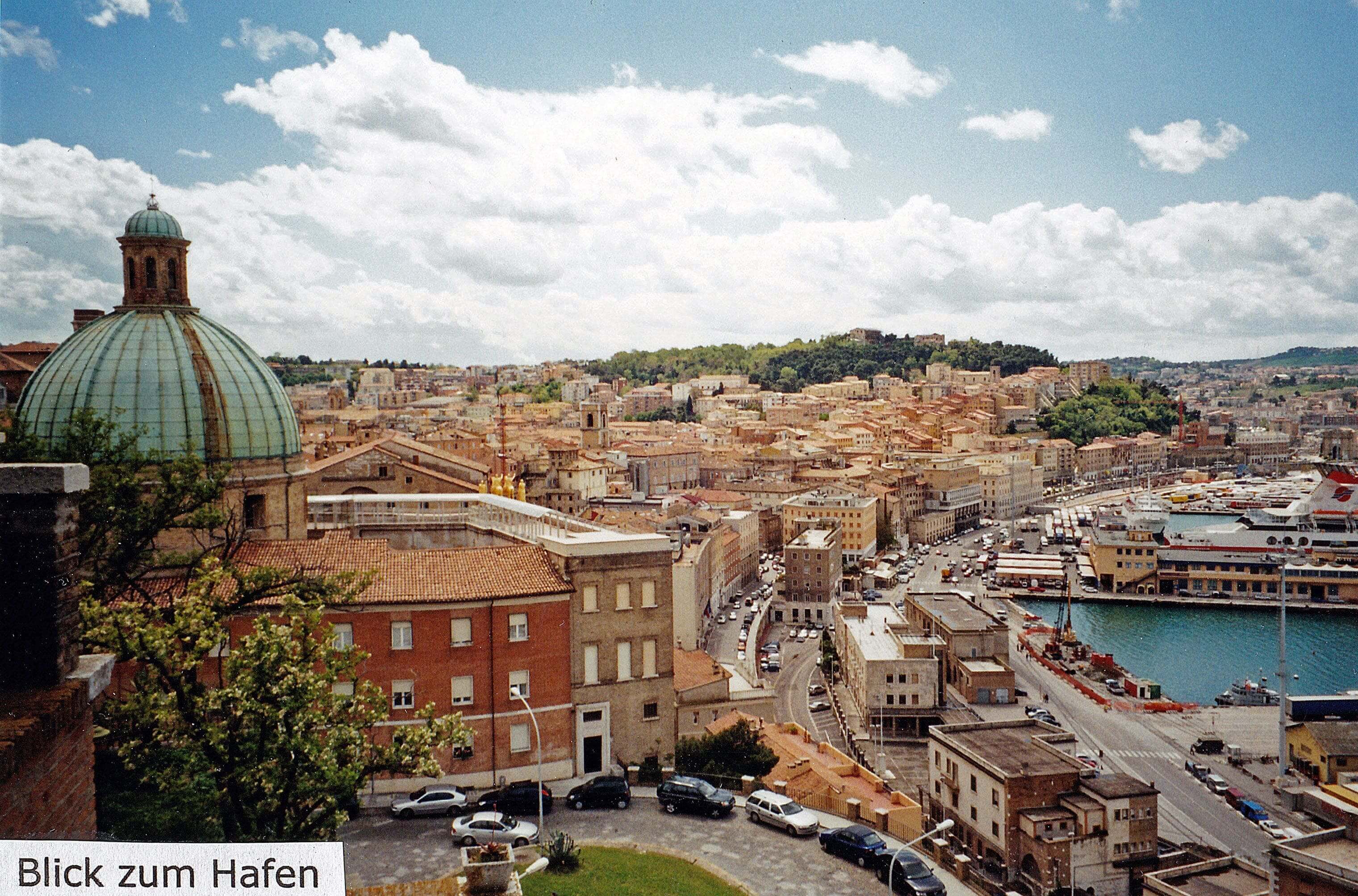All 2LIFES partners gathered in Central Transdanubia Region (Hungary) to exchange good practices, discuss the state-of-the-art of the 2LIFES project, and take part in study visits.
Partners met on Tuesday 29th March in Székesfehérvár to receive an introduction to the study visit, which took place over two days. The event was kicked off by meeting with several Hungarian stakeholders and presenting local initiatives. These initiatives include the Zöldellő Sárrét Association (which aims to promote re-use initiatives through school programmes), the biomarket Jancsárkert (working towards plastic-free events and zero waste markets), the “socks exchange programme”, the book rescuers initiative, and the online community “REUSE Székesfehérvár”.
After this introductory event, partners left to visit the facilities of Textrade Ltd., a textile re-use initiative in Székesfehérvár. This is the largest sorting plant in Hungary, employing around 200 people and processing around 17,000 tonnes of used clothing annually. Partners had the opportunity to observe all the sections of the sorting plant, including reception of used goods and the different sorting processes. It was also possible to learn about the sources and destinations of the various products processed in the plant.
The second visit was to the book rescuers initiative, present in Székesfehérvár and other Hungarian cities. The idea was born in 2013, collecting books from libraries, households, schools, private collections and trying to prevent waste by selling them second-hand. Books sales began on redesigned Transylvanian carts, special traditional vehicles. Each book is sold for 1 EUR, and local municipalities support this initiative by providing public places to install the carts.
In the afternoon, the state-of-the-art of the 2LIFES project was updated, summarizing tasks and deadlines, and updating the work done on communications and the needs for the next semester.
On Wednesday 30th March, partners visited the landfill site in Királyszentistván and the Veszprém Utility Service Company, visiting the landfill and the special training room. These visits would provide partners with information on the destination and impact of municipal solid waste that has not been prevented or re-used.
Later the same day, the group headed to Veszprém, visiting the Pannon University and learning from its current cutting-edge research efforts in the field of the circular economy. Finally, in the afternoon, partners had the opportunity to visit the Green House of the Circle Association, where training regarding waste prevention is provided. It was also possible to see and touch upcycled products from OldBlue, made from second-hand denim textile products.
